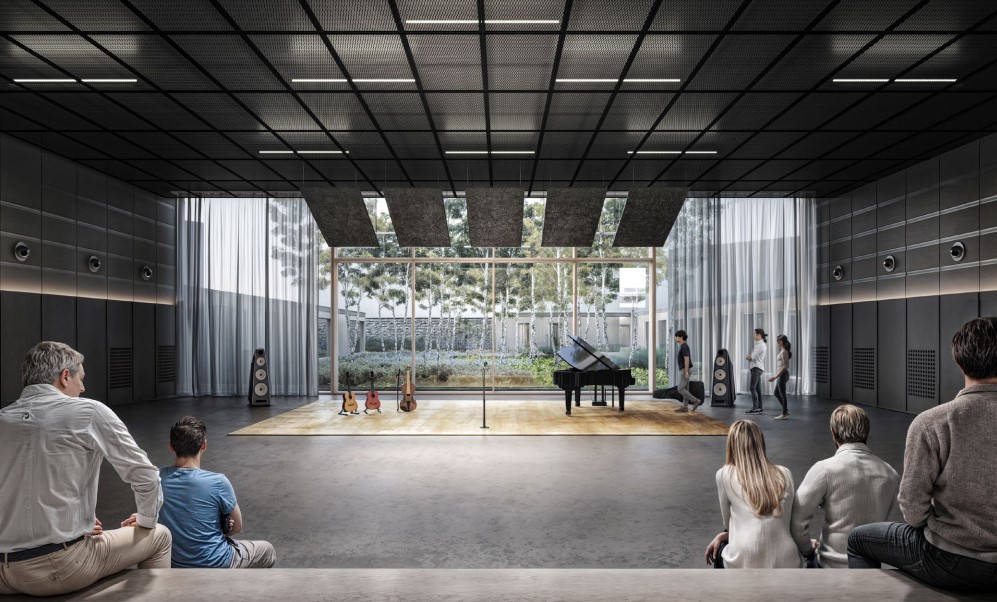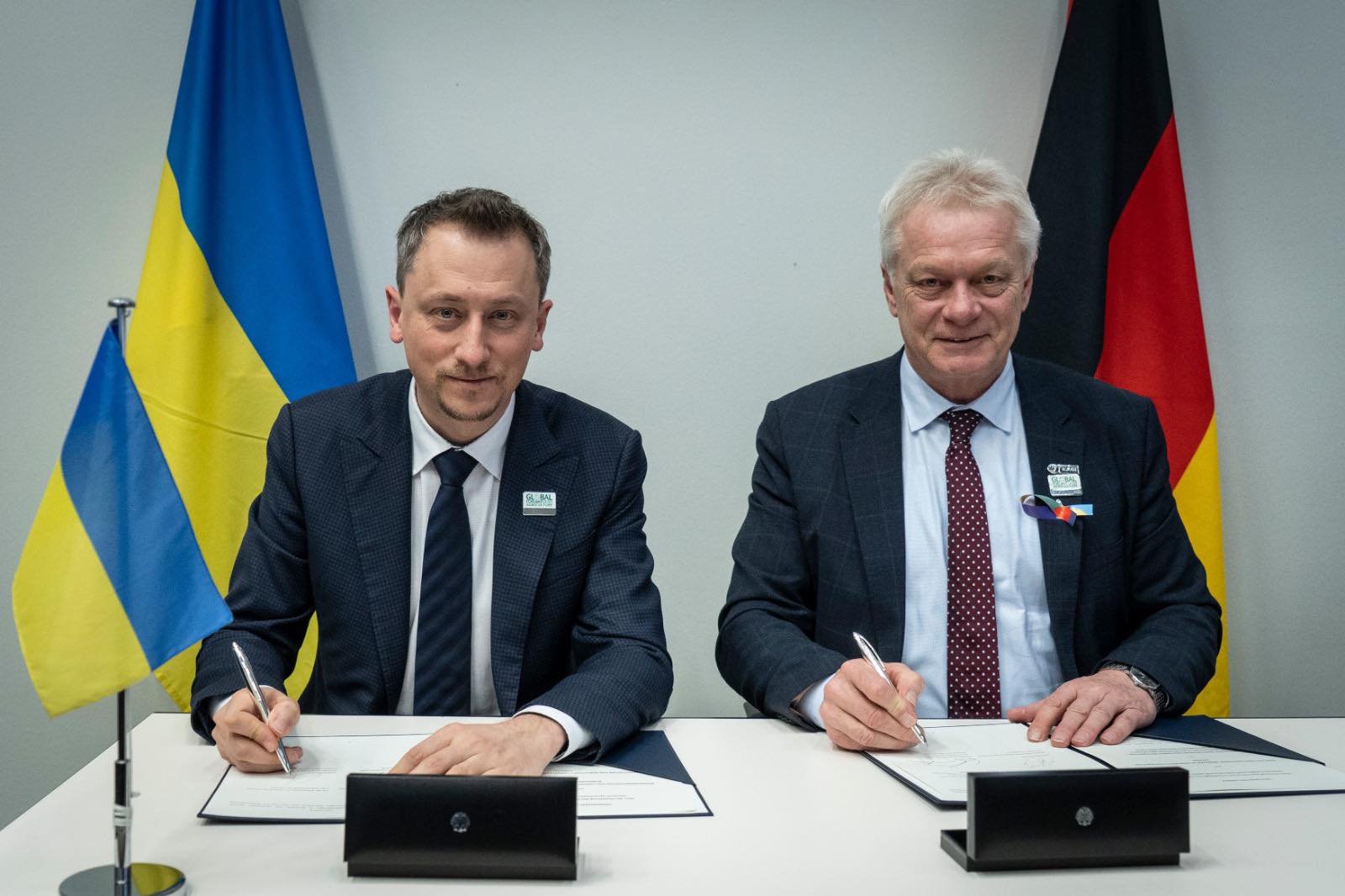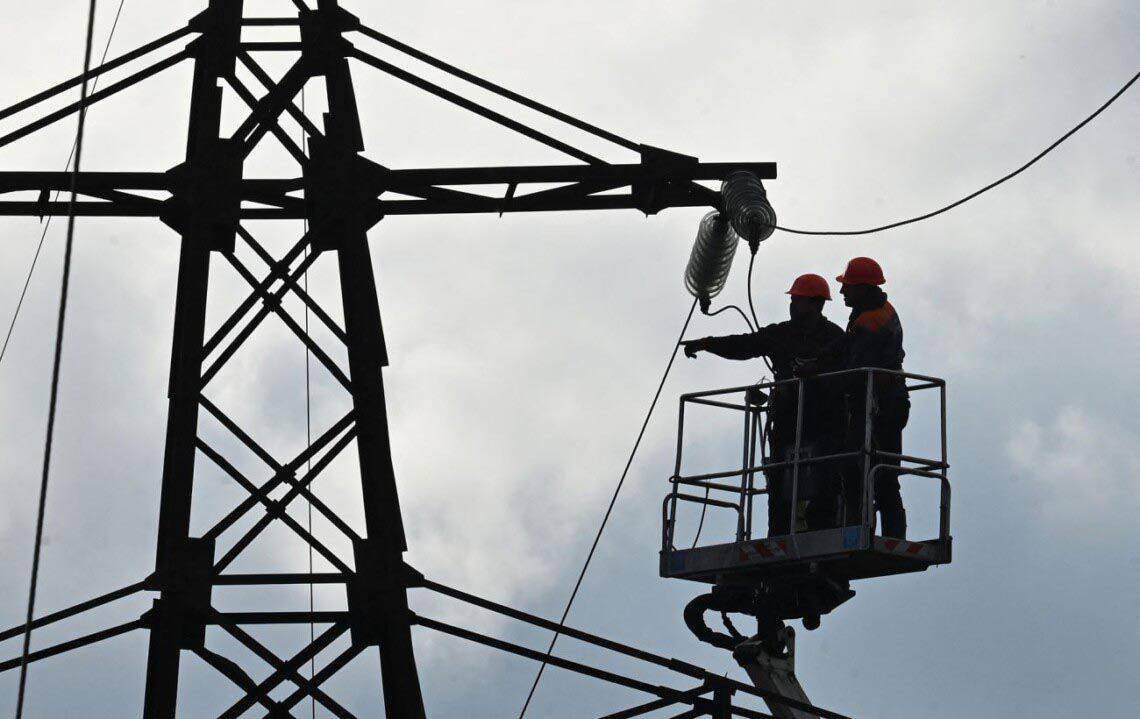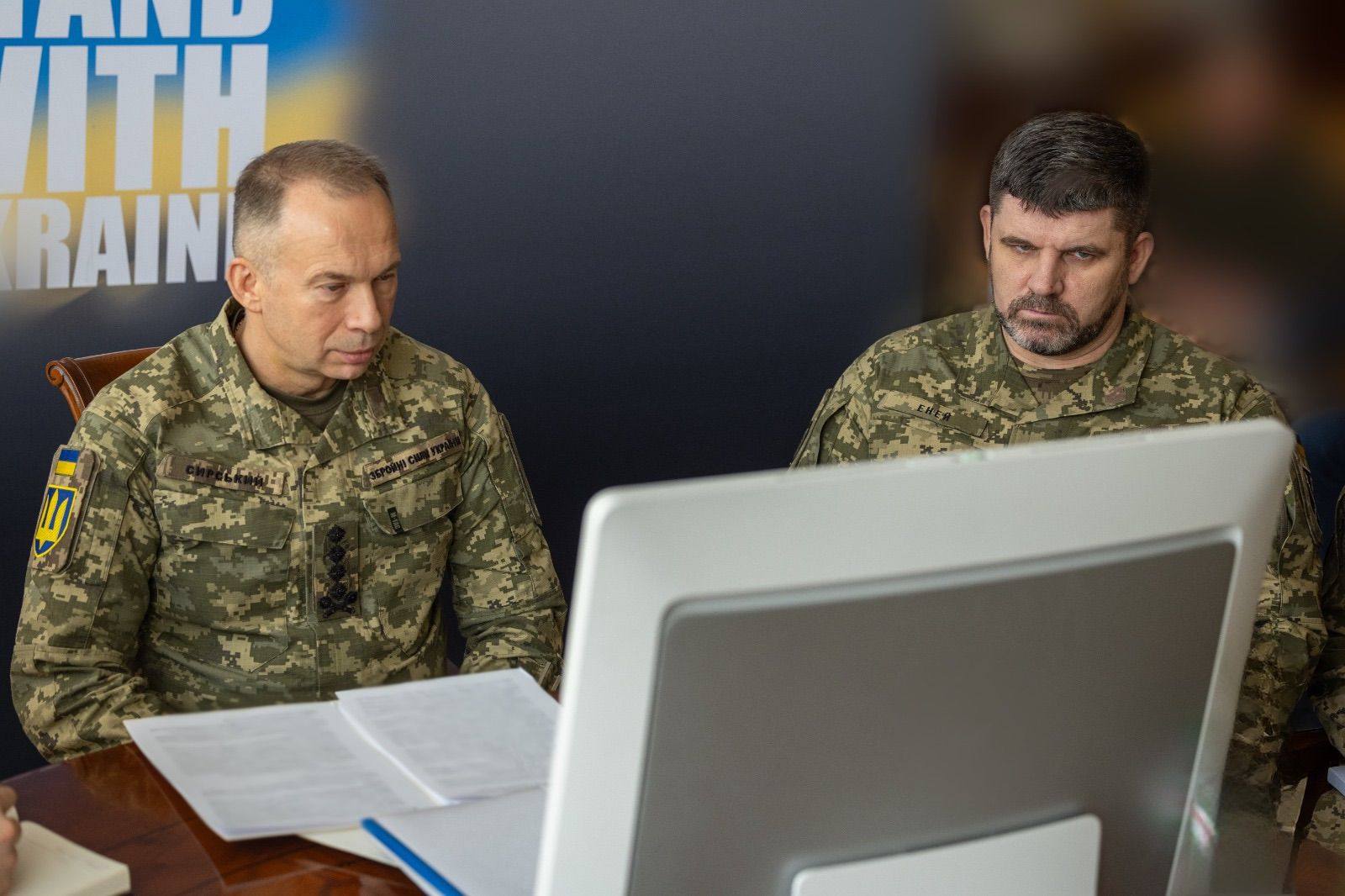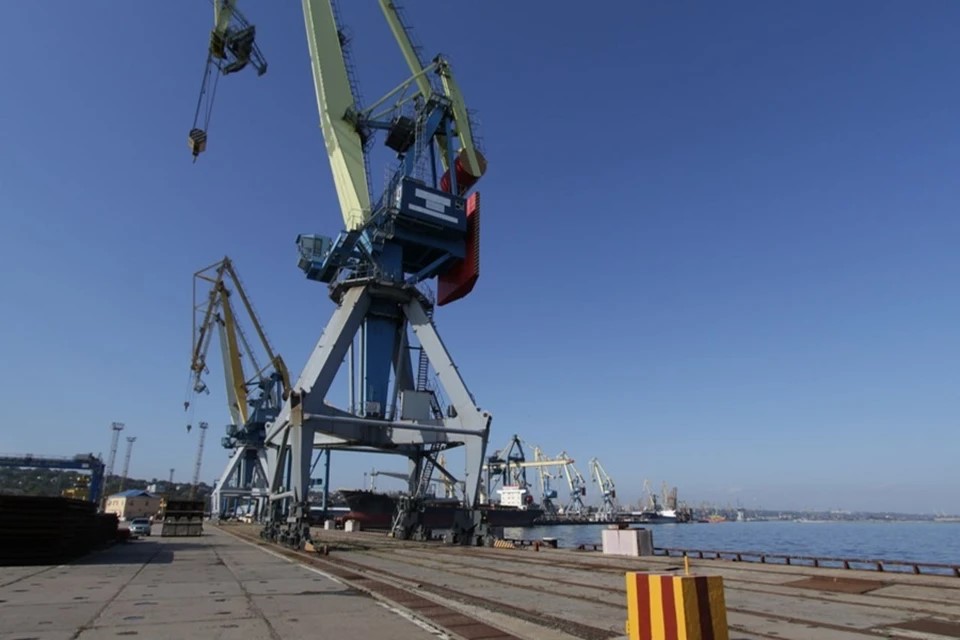State Agency for Restoration and Infrastructure Development of Ukraine, along with international partners, is concluding a critical phase of the school reconstruction project, aiming to rebuild Ukrainian school infrastructure destroyed by Russian aggression.
As part of the international competition "School of the Future for Ukraine," the best architectural solutions have been selected to help with the efficient, adaptive, and sustainable rebuilding of schools across the country.
Initiated by Lithuania, with the support of architectural and educational experts, the competition attracted teams from ten countries. The project received €500,000 in funding from Lithuania’s Cooperation Development and Humanitarian Assistance Fund. A key condition for participants was collaboration with Ukrainian architects, ensuring solutions that meet the unique needs of Ukrainian communities.
The winning team was Scandurra Studio Architettura srl from Italy, in collaboration with Ukrainian architect Mykhailo Vustianskyi. Their adaptive technical school project will be used to rebuild schools throughout Ukraine. Second place was awarded to Ukrainian architect Danylo Bilokopytov's team, working with Dutch colleagues Orange Architects, and third place went to Finnish Huttunen-Lipasti Architects Ltd alongside Ukrainian architect Dmytro Sorokovych.
1st place Scandurra Studio Architeturra srl (Italy) in collaboration with Mykhailo Vustianskyi (Ukraine)
Download the 1st place winning project idea
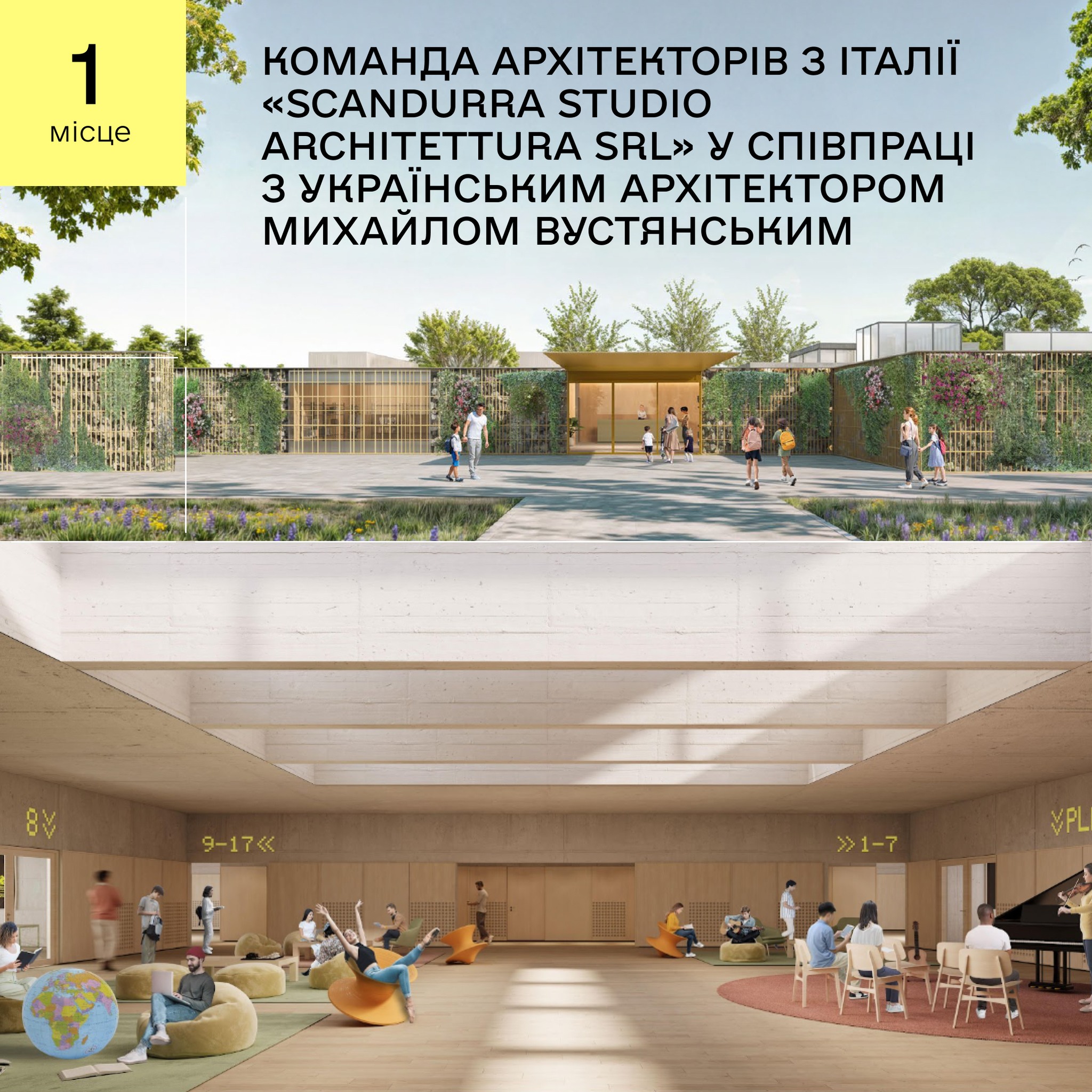
2nd place Pe Danila Bielokopytov (Ukraine) in collaboration with Orange architects (Netherlands)
Download the 2st place winning project idea
3rd place Huttunen-Lipasti Architects Ltd (Finland), in collaboration Dmytro Sorokevych (Ukraine)
Download the 3rd place winning project idea
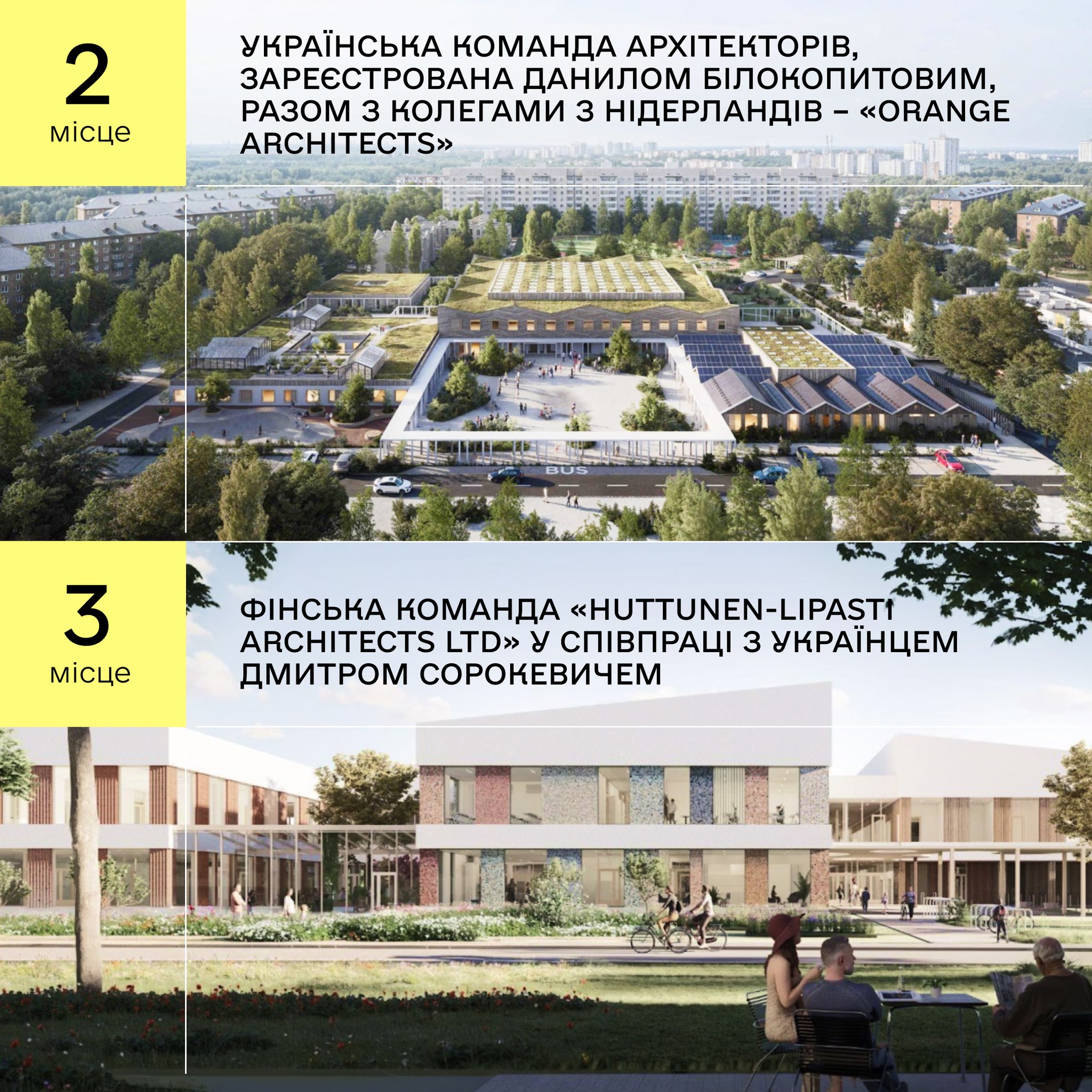
All competition entries are available for viewing online on the "Future School for Ukraine" website.
The damage caused by Russia to Ukraine's educational sector is immense. According to Ukraine's Ministry of Education and Science, more than 1,625 schools have been affected, with 197 completely destroyed. Rebuilding them requires rational solutions and international community support.
Ukraine's Minister of Education and Science, Oksen Lysovyi, emphasized the importance of this initiative: "The Russia-Ukraine war is an existential struggle for Ukraine's future. The enemy seeks to destroy our culture and identity, and education plays a key role in preserving them. Every rebuilt school is a symbol of our resistance and rebirth."
Roman Komendant, Acting Head of the Restoration Agency, praised international efforts and expressed gratitude to Lithuania. He highlighted that creating a worthy project is crucial for the success of the restoration: "We expect that the adaptive school project will be finalized by 2025, after which it will be available for use by Ukrainian institutions and international partners."
Simonas Šatūnas, Lithuania's Deputy Minister of Foreign Affairs, commented on the project's results, stating: "The 'School of the Future for Ukraine' project is an inspiring contribution from Lithuania and international partners to Ukraine's victory and the future of Ukrainian children. It united Lithuanian diplomats, the Central Project Management Agency (CPVA), and other partners for a common goal."
The winning projects were evaluated based on five criteria: architectural quality, adaptability, functionality, sustainability, and cost-effectiveness.









